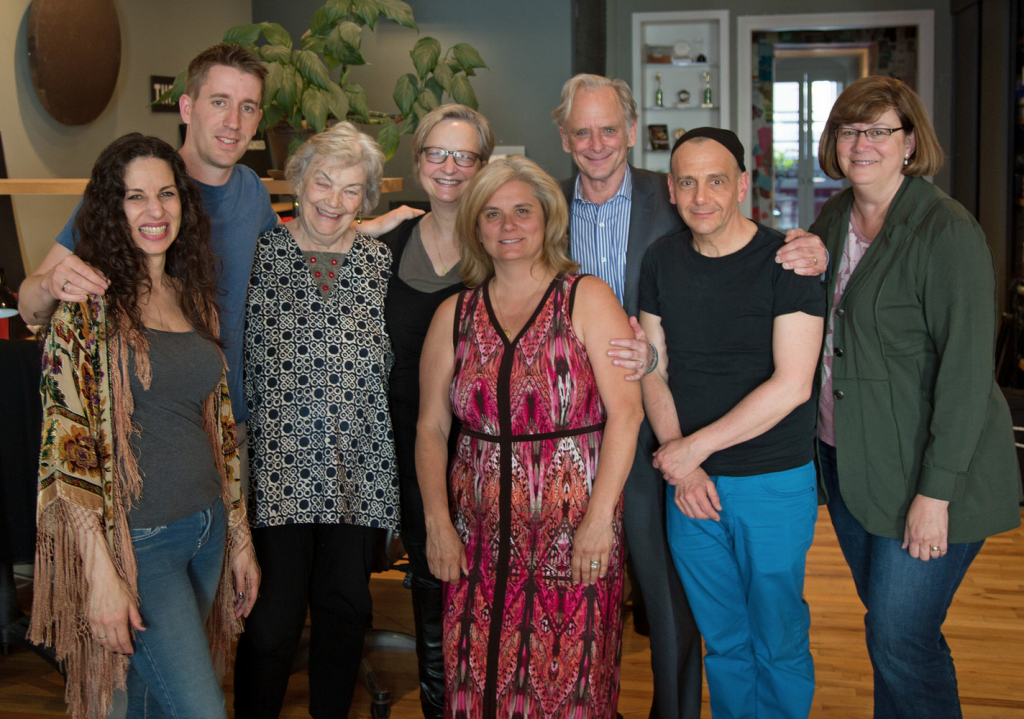We are excited to announce that our latest module titled “Active Support” is now live!
Active support is an approach that was developed to help combat the lack of engagement in meaningful activities and relationships experienced by people who receive support. Active support is about doing with, not for or to. Active support helps people to have a more active role in their lives and experience a better quality of life.
This module features presentations from Bev Ashman, Julie Beadle-Brown, and Margaret Cushen.
On successful completion of this module, you will be able to
- Define what active support is and how it can help people have a better quality of life.
- Describe the importance of engagement and what it looks like.
- Understand how every moment has potential.
- Apply the principles of little and often, taking small steps, and providing support at the right time and place.
- Describe how you can provide just enough support for people to participate successfully.
- Explain how active support can be used to maximize choice and control while maintaining people’s safety.
Module Length: 130 Minutes
Learn more about all of our modules here.


